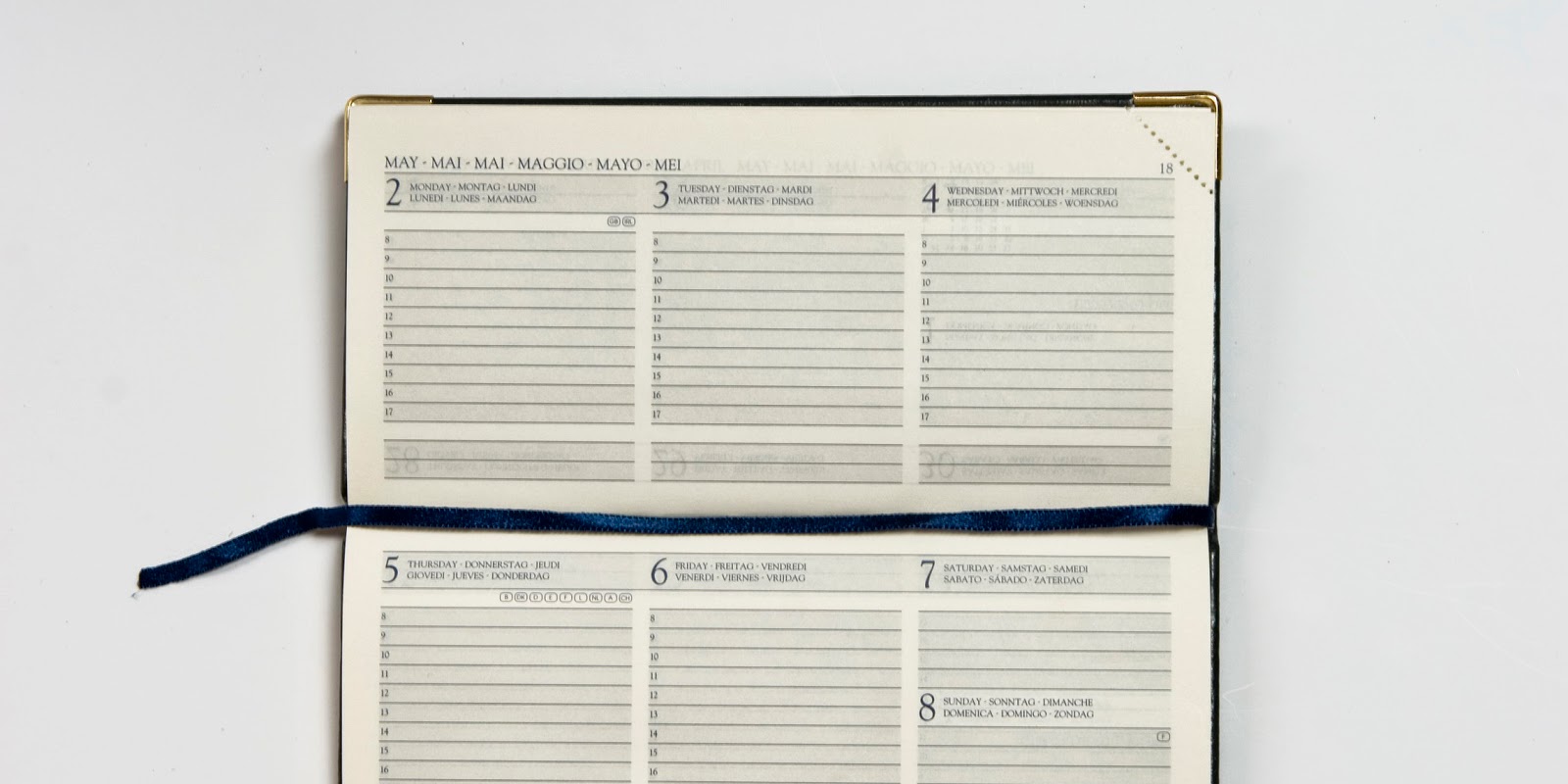I’ve compiled a list to share here on the blog. Some are my own tips and some are gathered from others. Thank you to those who have pitched in their ideas!
19 Ways to Cultivate Creativity in Your Life
19. Have a schedule.Designating time for what I call “Admin” or “Art Biz Stuff” and actually doing it during that time frees up time to focus on dreaming and creating. It’s kind of like having fixed office hours.
18. Learn about other passionate people.
This may mean watching documentaries, reading biographies, subscribing to creative magazines,
studying art history or talking with mentors. Passion can be very contagious. One of my favorite art history podcasts is Arts & Facts.
17. Observe everything. Admire the normal.
Study the clouds and the light and how the horizon interacts
with the sky. Notice how marvelously beautiful normal things are. Think about what colors would go into painting that color.
Paint everything in your head. When I’m at a coffee shop, I notice the way the
light falls on a face or a chair, etc. Stop lights give a moment to notice the
subtle colors of the landscape and all that beautiful light bouncing around.
16. Write down lots of ideas.
Even the bad ones.
15. Have a dedicated work space.
This has been so wonderful and helpful. I have a fabulous
studio space. It’s far away from the
laundry, the fridge, and the mail pile. Note to self: Keeping it picked up will be key to
keeping it an inspiring environment. If you don’t have a work space, make one.
Even if it is one drawer in your desk.
14. Have other creative hobbies.
I take 1-2 days a week to quilt with my grandmother and
mother in law. I’m working on learning to grown plants (kind of creative?),
love to cook and make up my own gluten-free/egg-free/dairy-free/soy-free/corn-free/peanut-free
recipes. (Sometimes creativity is a necessity.)
13. Collect inspiring things.
I need to do this more. I used to have a giant hardware store paint chip collection. I'll probably keep working on my houseplant collection.
12. Get good sleep.
Enough said. I need to do this more too.
11. Take breaks.
I’ll take a break to warm up my tea, spend 2.5 minutes
cleaning up the kitchen and when the microwave beeps I feel ready to tackle
that tricky spot again. Sometimes the
breaks need to be longer, an afternoon or even a couple days.
10. Talk about what you are doing.
Sometimes when passion is waning just talking about a
project can reignite excitement. Sometimes new and different ideas will emerge without
realizing you thought about them.
9. Give yourself plenty of time to fail.
Some days I’ll paint from morning till late into the evening
and only 20% was productive. Sometimes I have “scraper days”, when I end up
scraping the paint off the canvas at the end of the day to, at least, recover
the canvas. One of my ways to combat this is to spend as much time as possible
painting. I’ve started waking up at 5am and heading straight to the studio to
give myself more undistracted time to paint. So say it’s a 20% day, then I’ll
still get 2ish hours of good painting time, which is better than 30 minutes.
8. Don’t worry.
I have a whole lifetime in which to learn and try new
things. If something doesn’t succeed, there is always next time.
7. Stand in the sunlight, get your vitamin D, keep steady
blood sugars, breath fresh air, move.
6. Give each little thing you paint or tool you use it’s own
name/personality/gender.
Yes, my brushes are my friends. Love your friends. This is
also one reason I just love painting old houses and old trees. They have their
own personalities and I enjoy capturing that.
4. Let yourself be amazed by normal things.
“I shall open my eyes and ears. Once every day I shall simply stare at a tree, a flower, a cloud, or a person. I shall not then be concerned at all to ask what they are but simply be glad that they are. I shall joyfully allow them the mystery of what Lewis calls their ‘divine, magical, terrifying and ecstatic’ existence.” Clyde Kilby
3. Just make things (for me: just
paint).
Watch what emerges instead of trying to
control every step. It’s when I “let go” and enjoy the process instead of
focusing on the end result that exciting things happen in a painting.
2. If something physical is bothering
you, fix it.
If you’re cold, take a minute and get a
jacket, if your hands hurt cause they’re dry, get some lotion, if there’s
something wonky with your easel, take 5 minutes to fix it. Clear away the
distractions.
“At least once every day I shall look steadily up at the sky and remember that I, a consciousness with a conscience, am on a planet traveling in space with wonderfully mysterious things above and about me.” Clyde Kilby This usually means reading my Bible and taking time to look at the sky, remembering how small and insignificant I am—as a created thing fully reliant on the Creator and Sustainer. Pressure to be greater/better than I am is the ultimate creativity-killer. Peace, in a trustworthy God who controls all things, gives freedom. And you need freedom to create.













No comments:
Post a Comment